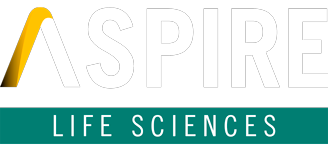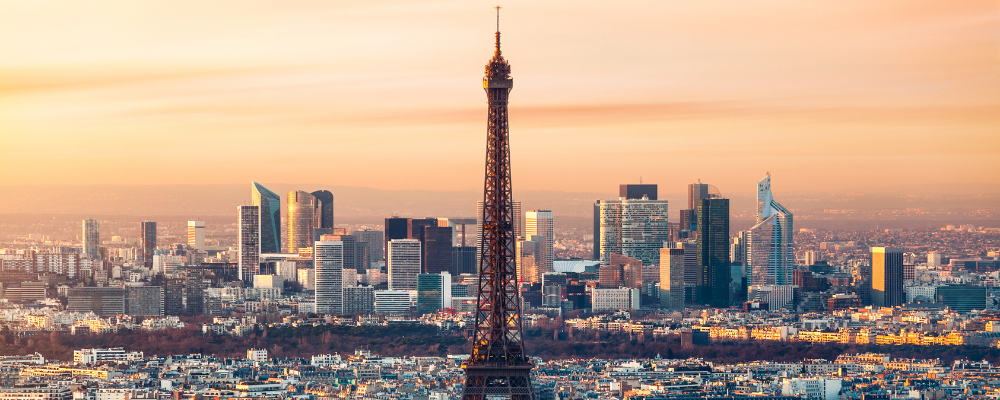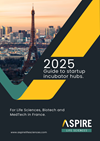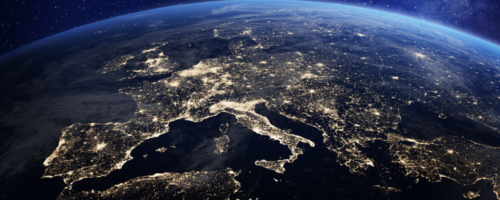Is France becoming Europe’s answer to Silicon Valley for TechBio and MedTech?
The short answer
France is fast emerging as Europe’s answer to Silicon Valley, not for consumer tech, but for TechBio, MedTech, and health robotics.
Across Paris, Grenoble, Lyon, and Nice, world-class science, engineering, and AI innovation are converging to create a connected ecosystem that rivals the Bay Area for ambition and outpaces much of Europe for momentum.
Once seen as academic or fragmented, France is now building something different: a unified, tech-heavy life sciences powerhouse where founders can go from lab discovery to prototype, and from prototype to product, all within one national framework.
The long answer
For decades, the Bay Area has been the model for science-driven innovation. But in 2025, France is quietly redefining what “Silicon Valley” means in Europe, combining world-class research, digital depth, and entrepreneurial energy in a way that’s increasingly hard to ignore.
Where other European countries have specialised, the UK in venture capital and biotech R&D, Germany in industrial health tech, the Nordics in design and sustainability – France has built integration. It’s where deep science meets digital engineering, robotics, and AI, all supported by a national strategy that rewards collaboration and scale.
A national ecosystem built for convergence
Paris remains the beating heart.
It’s home to more than 1,400 life sciences startups and some of Europe’s most influential incubators – Agoranov, Genopole, Medicen, GenoTher, Station F, and Wilco. The city has become a launchpad for TechBio ventures such as Phagos, Tafalgie Therapeutics, and Adcytherix, companies blending biology with AI, data, and software engineering.
“Founders don’t need to be in Silicon Valley to think globally,” says James Trott, Aspire co-founder. “France gives you scientific excellence, deep technical talent, and a pragmatic culture of building.”
While Paris sets the pace for TechBio, the French Alps region around Grenoble provides the backbone for France’s deep-tech strength. Often called France’s Silicon Valley, Grenoble has been a global centre for semiconductors, photonics, and microelectronics for decades. Today, it’s extending that expertise into biotech instrumentation, imaging, and health robotics, making it the quiet engine behind France’s TechBio infrastructure.
Meanwhile, Lyon is fast becoming the country’s biomanufacturing and translational research capital, bridging industrial process scale-up with pharmaceutical innovation. Anchored by the Lyonbiopôle cluster, it’s where clinical access meets engineering precision – an essential bridge between discovery and delivery.
In the south, Nice and Sophia Antipolis are carving out a niche in digital health and medical AI, powered by strong computer-science universities and proximity to major hospitals. The region’s mix of software talent and healthcare institutions makes it one of Europe’s most underrated MedTech corridors.
France’s competitive edge
What sets France apart isn’t just the science: it’s the system.
Generous public funding through Bpifrance, simplified startup frameworks, and national investments like France 2030 have created one of the most founder-friendly environments in Europe.
Lab space remains affordable, university partnerships are structured, and early-stage funding is accessible, helping founders move from concept to pilot without the financial burn typical of the Bay Area or London.
Recent French TechBio rounds prove the point:
- Adcytherix – €105 million Series A
- Phagos – €25 million seed to Series A
- Tafalgie Therapeutics – €12 million early-stage
These aren’t isolated wins — they’re part of a coordinated national surge that’s seeing French ventures scale globally from domestic foundations.
Where France leads and where others still dominate
 The UK still leads in late-stage capital and exits. Germany continues to excel in medical devices and manufacturing scale. The Nordics remain strong on sustainability and clinical trial efficiency.
The UK still leads in late-stage capital and exits. Germany continues to excel in medical devices and manufacturing scale. The Nordics remain strong on sustainability and clinical trial efficiency.
But France is now outpacing all three in early-stage TechBio creation, public-private collaboration, and AI-enabled life-science R&D.
It’s a shift from being seen as an academic powerhouse to being recognised as a commercial one.
The next chapter: France’s global moment
From Grenoble’s deep-tech roots to Paris’s TechBio clusters, Lyon’s biomanufacturing labs, and Sophia Antipolis’s digital health innovation, France has built a complete ecosystem – one that mirrors Silicon Valley’s diversity but evolves it for science and health.
“If the Bay Area represents scale,” says Trott, “France represents synthesis – where science, technology, and design connect seamlessly. It’s where the next generation of life-science innovation if likely to be built.”
Ready to explore France’s life-sciences hubs?
Download the Guide to Incubator Hubs in France to discover where your venture can grow faster, smarter, and stronger from the lab bench to global scale.








Leave a Reply